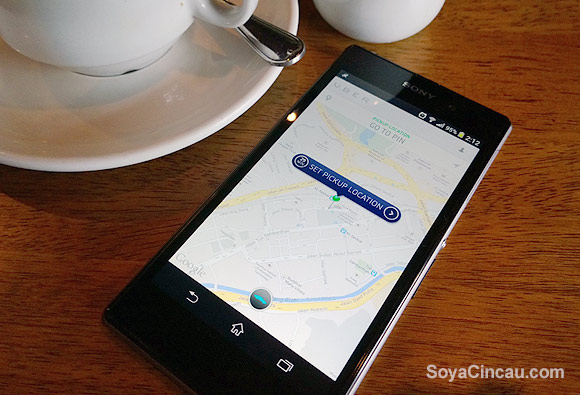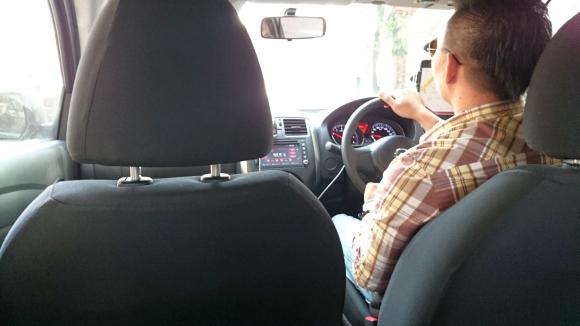Tracking/spying: Is it considered to be an invasion of privacy? To me, it’s a hotly debated issue that stems from the history of intelligence agencies spying on their nation’s citizens. In most cases, it’s to protect a country’s interest and to ensure the safety of their people.
Uber has decided to go big brother and began monitoring how drivers are driving since late last year. The Verge points out that this isn’t their first rodeo as they’ve tracked drivers in China during the unruly protests that were happening in Eastern China.
Now it’s taken that isolated situation a step further in a bid to safeguard passenger safety by using gyrometers, GPS signals and accelerometers in driver’s smartphones. CSO (Chief Security Officer) of Uber, Joe Sullivan says that they’re doing this because “If a rider complains that a driver accelerated too fast and braked too hard, we can review that trip using data”.

The ride-sharing platform will utilise gyrometer data to see if those behind the wheel are moving their smartphones too much while driving. That means more time looking fumbling with their devices and less time looking at the road. Speeding will be monitored too, by using technology to take note of the average time between two points and calculating if the drivers being too friendly with that accelerator – so to speak.
Digging up some extra info on the subject, the Guardian has narrowed down where this monitoring is taking place – Houston, Texas. It’s no question that these experiments will only help Uber maintain rider satisfaction and safety above all else but also will help provide proof to any bad ratings; justifying why a one-star rating was given – if it was because of reckless driving. Providing a case for both the driver and rider in the scenario of an accusation.
We’re sure that Uber partners/drivers won’t be happy having someone watching their every turn (figuratively) and as a class-action lawsuit has been filed in the Bay Area demanding for equal rights – drivers might not have to put up with this for long.







